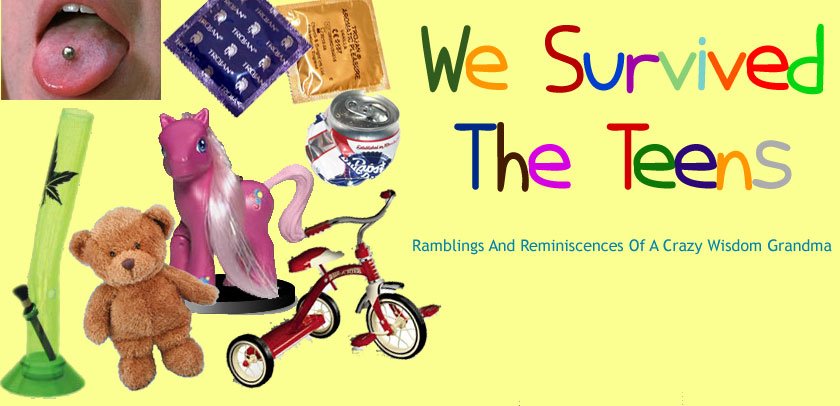I've always said I should get a government grant to study the obvious: breastfeeding's good for kids, sugar and fake sugar aren't. If your child has repeat ear infections, perhaps you might want to look at food allergies instead of antibiotics.
And now here's another Captain Obvious one. It appears that now it's true that having kids puts a strain on a relationship. Now we know that. Finally.
Geez.....
Here's the article in case it goes away:
livescience.com – Wed Apr 8, 3:20 pm ET
Parents all know that children make it harder to do some of the most enjoyable adult things. Bluntly put, kids can get between you.
Now scientists have attached some numbers to the situation.
An eight-year study of 218 couples found 90 percent experienced a decrease in marital satisfaction once the first child was born.
"Couples who do not have children also show diminished marital quality over time," says Scott Stanley, research professor of psychology at University of Denver. "However, having a baby accelerates the deterioration, especially seen during periods of adjustment right after the birth of a child."
An unrelated study in 2006 of 13,000 people found parents are more depressed than non-parents. Scientists speculate that the problem is partly a modern one, because parents don't get as much help at home as they did in previous generations.
There are key variables to note in the new study.
Couples who lived together before marriage experienced more problems after the birth of a child than those who lived separately before marriage, as did those whose parents fought or divorced.
However, some couples said their relationships were stronger post-birth. They tended to have been married longer or had higher incomes.
Children don't ruin everything, Stanley points out.
"There are different types of happiness in life and that while some luster may be off marital happiness for at least a time during this period of life, there is a whole dimension of family happiness and contentment based on the family that couples are building," he said. "This type of happiness can be powerful and positive but it has not been the focus of research."
The new research, funded by a grant to the University of Denver from the
National Institutes of Health, is detailed in the
Journal of Personality and Social Psychology









